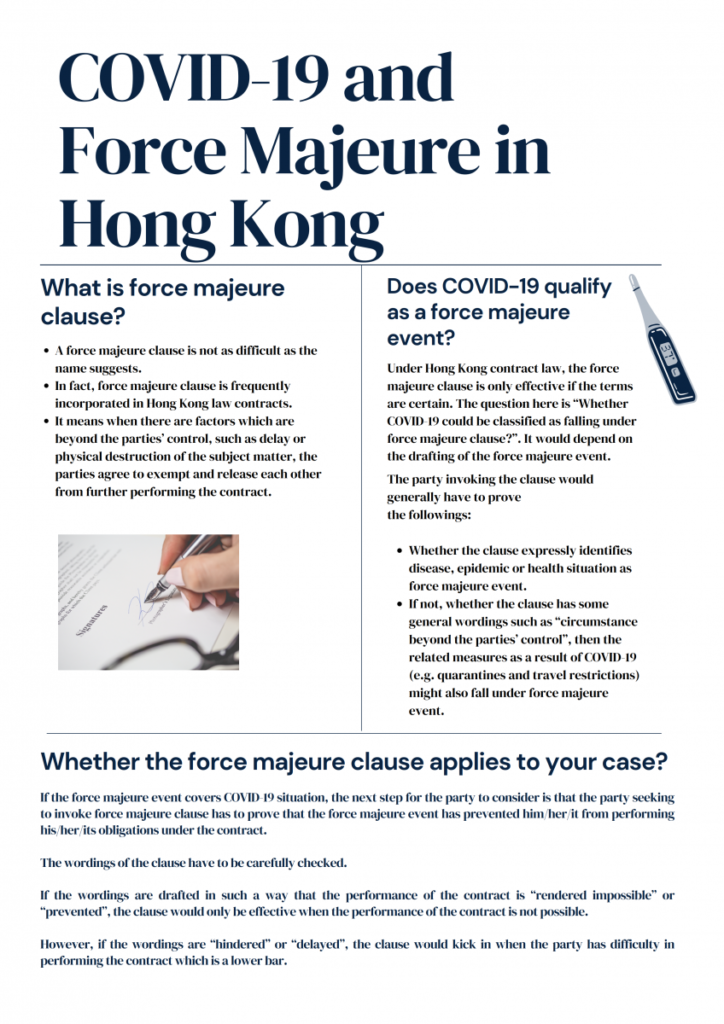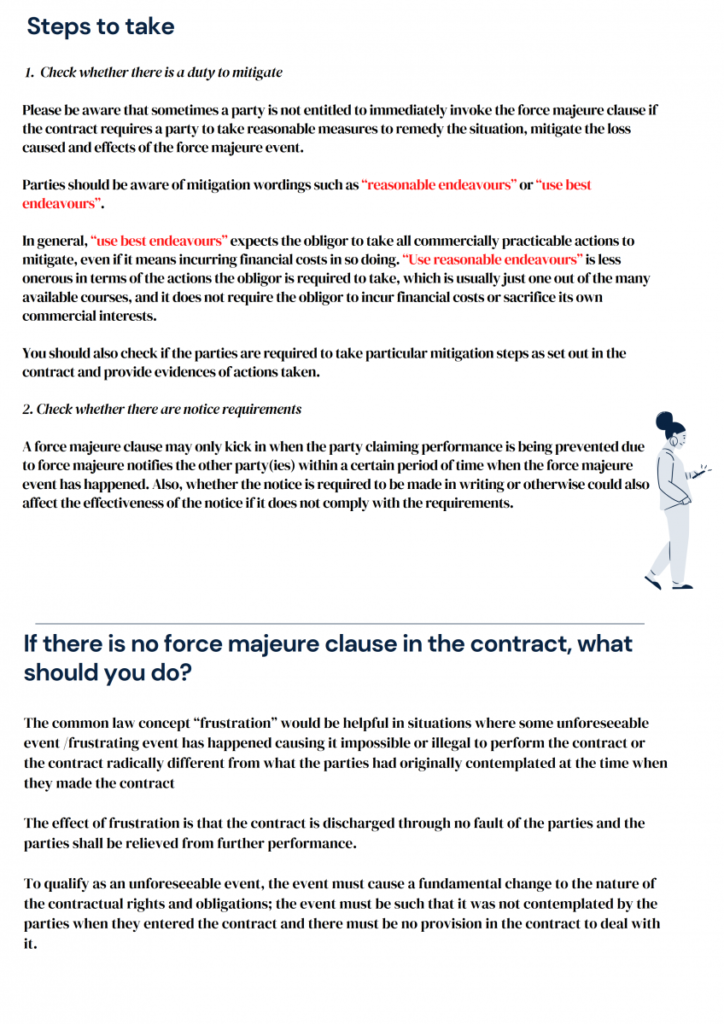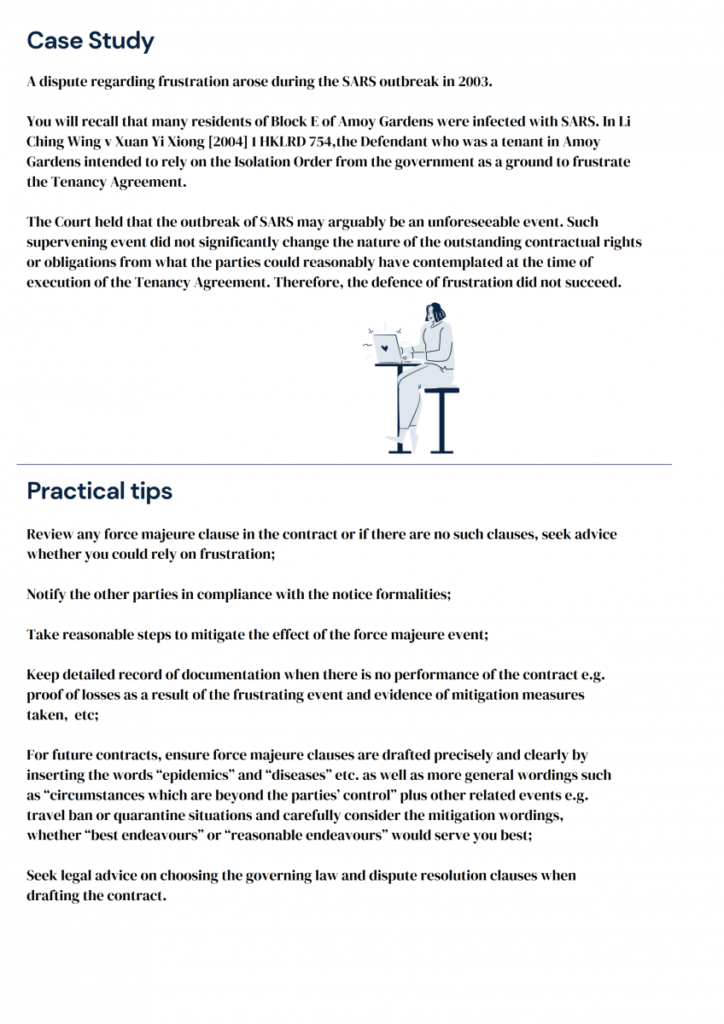Oldham, Li & Nie Solicitors OLN, a leading Hong Kong law firm, announced today its partnership with Zegal for the launch of OLN online: www.oln-online.com , a cloud based document automation platform, powered by Zegal. The platform, which is the first to be introduced by a Hong Kong law firm, provides its clients and its lawyers with seamless solutions and instant access to a wide range of legal documents, 24/7, remotely, with online support from OLN’s professionals.
The platform offers a documentary archive and other resources for various practice areas, instantly accessible by clients to generate time-critical transactional documents with ease, when and where such need arises.
Gordon Oldham, Senior Partner of OLN said: “The legal profession has been slow to embrace technology. Our new platform and a number of other client communication technology tools and resources we are introducing acknowledge the changing landscape of what professionals and their clients want and their need to communicate and collaborate. OLN online is designed for the provision of better service to Clients and efficiency of work for OLN lawyers and support teams.”
Hung-Chou Tai, CEO of Zegal said: “We are extremely excited to be working with OLN to launch the first truly digital “Law as a Service” offering in Hong Kong. The OLN online platform will allow an unprecedented level of customer service and convenience with consistent quality. Companies in Hong Kong will now have access to their legal partners anywhere and at any time.”
Oldham, Li & Nie Solicitors was founded in 1987 with offices in Hong Kong and Shanghai with a business-centric practice in:
• Corporate and Commercial;
• Dispute Resolution;
• Tax and Business Advisory;
• Insolvency & Restructuring;
• Intellectual Property;
• Insurance;
• Private Client Services; and
• Family law, Trusts and Succession.
OLN has consistently been ranked as a top tier Hong Kong law firm by Chambers Asia Pacific and Legal 500 Asia Pacific. For more details, please visit https://oln-law.com.
Media Contact:
Oldham, Li & Nie Marketing Team
Ruby Ng, (852) 2868 0696
marketing.oln@oln-law.com
 Suite 503, 5/F, St. George's Building, 2 Ice House Street, Central, Hong Kong
Suite 503, 5/F, St. George's Building, 2 Ice House Street, Central, Hong Kong +852 2868 0696
+852 2868 0696









